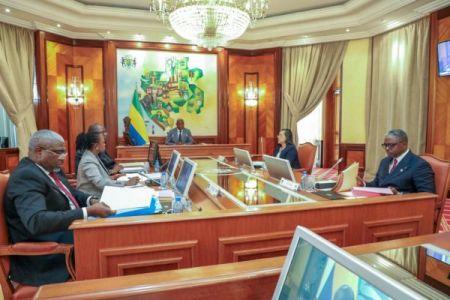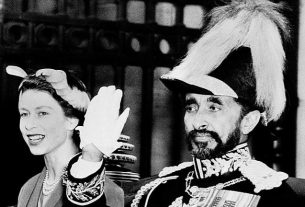The measure comes at a time when criticism of the role
of foreigners in the Gabonese economy is growing on social media .
In July, Tanzania announced a similar measure.
During
the Council of Ministers meeting held on 12 August 2025, the Gabonese government
announced a ban on foreigners engaging in certain
local economic activities, as part of a policy aimed at
‘strengthening economic sovereignty and promoting national entrepreneurship’,
particularly among young people and women. The aim is to
reserve certain professions for the Gabonese population, particularly in
emerging sectors such as e-commerce and new
forms of entrepreneurship.
In addition, the government also intends to regulate several informal activities, such as unlicensed money transfers, the repair of telephones and small appliances, hairdressing and beauty treatments carried out on the street, unauthorised artisanal gold mining, informal intermediation in the purchase of crops, and the operation of small workshops or gaming machines without registration. As a large proportion of these activities are carried out by foreigners, they are now prohibited.
The government has specified that these measures will be implemented gradually, with a transition period and the support of local authorities. Support mechanisms are planned to enable Gabonese entrepreneurs to formalise their activities through simplified procedures, technical and fiscal support, and access to financing.
Gabon’s decision comes amid intense debate over the role of foreigners in the local economy, with some influencers and economic actors denouncing what they see as unfair competition and limited access to opportunities for Gabonese nationals. However, others view it as a xenophobic measure and a pretext to hide more complex economic difficulties.
In any case, Gabon has been seeking for several years to strengthen its local economic fabric and support national entrepreneurship. In June 2023, former President Ali Bongo launched two funds: one worth 7 billion CFA francs ($12.4 million) in the form of microloans for project leaders, and the other worth 2 billion CFA francs to help economically disadvantaged Gabonese people working in trade, crafts, agriculture, fishing, livestock farming, services or small-scale processing.
This year, Gabon is not the first African country to introduce such a measure. In July, Tanzania passed a law prohibiting foreigners from engaging in fifteen small commercial activities, ranging from street hairdressing to phone repair.
The Tanzanian authorities justify this measure by the need to protect national micro-entrepreneurs, who are considered marginalised by often informal foreign competition. While in Gabon, implementation is intended to be gradual, in Tanzania, offenders face heavy fines and even prison sentences.



